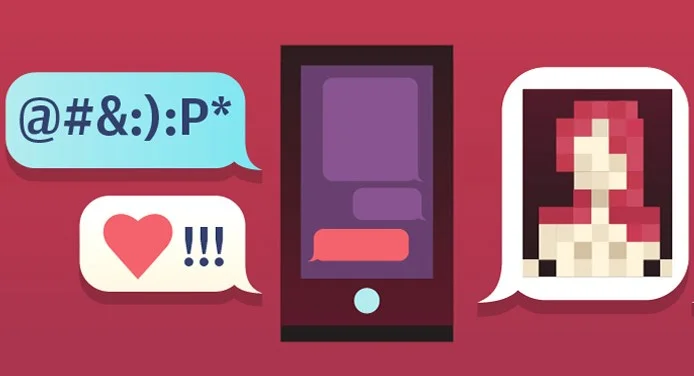I am ugly, stupid, ___ (fill in the blank). When is the last time you heard that nagging voice in the back of your head? We can all be incredibly hard on ourselves. With constant exposure to social media, pressure to fit into a peer group, demands from parents and coaches, and other stressors, teens nowadays are particularly vulnerable to being self-critical.
Tip of the month: Read the Messy Mobile Life by Mariam Navaid Ottimofiore
How many of you have moved from country to country (or even within a country) or have kids that moved from place to place growing up? Do you have parents that were born outside of your home country or a spouse from a different community or background? As evidenced by an ongoing survey we are conducting of cross-cultural teens and parents experiencing moves, transition, different cultures, languages and religions can be challenging for kids but equally so for adults.
Youth Perspective: The Other Mirror
Put on your SSHADES! Using a strength-based approach to empower teens
The strength-based approach to screening and counselling adolescents in clinical settings has been proven to help build resilience. Developing resilience helps kids handle failure, which is an important predictor of life success as an adult. Recently, I had the opportunity to teach a wonderful group of pediatricians from across the Netherlands about working with teens and the use of a tool called SSHADES which starts with asking teens about their unique abilities.
Preparing kids for the path ahead: the ‘Snowplow’ vs the ‘Dolphin’ approach
Snowplow, helicopter, lawnmower: what do all these terms refer to? Believe it or not, they all refer to styles of parenting brought to light in the aftermath of the recent college bribery scandal in the USA. ‘Snowplow’ parents are defined as machines chugging ahead, clearing any obstacles in their child's path to success, so they don't have to encounter failure, frustration or lost opportunities. 'Helicopter' parents hover overhead. There’s a fine balance between being supportive and engaged vs being controlling or trying to engineer outcomes. If the snowplow approach prevents kids from facing obstacles and experiencing challenges what are better strategies? Here are some tips.
Teen Health Question of the Month
Youth Perspectives: The Fault in Our Education System
Teen Sexting: When it’s more than just saying no
Sexting is emerging as a modern way to flirt. According to a recent survey, nearly 80% of US adults have sent or received a sext. Many teens believe it is fine to sext, too. How should adults approach teen sexting? Are the consequences of sexting more severe in kids than adults? Also, is it enough for adults to simply tell preteens and teens to just not do it? As with safe sex and teens, I suggest taking a step-wise approach to sexting. Here’s why.
Youth Perspective: Let's Talk about Sex
This month we are featuring a candid talk about sexual health, teens, and why having open conversations are so important. Lois and Anne are graduate students in Amsterdam. They also volunteer as peer educators for Tienerwijs and Het Voorspel, organizations which provide comprehensive sex education to primary and secondary school students across the Netherlands.
Tip of the Month
One of our family rituals is to do a monthly family movie night. Unfortunately, there are a lot of movies and shows out there with a high level of violence, profanity, etc. As a parent, I often struggle with finding movies that I think have a good message and are preteen/teen appropriate. Common sense media is my go-to-place for tips and suggestions. It is a comprehensive media website which provides well researched and concise recommendations on a wide range of topics including movies and screen time media plans, but also books and shows.










